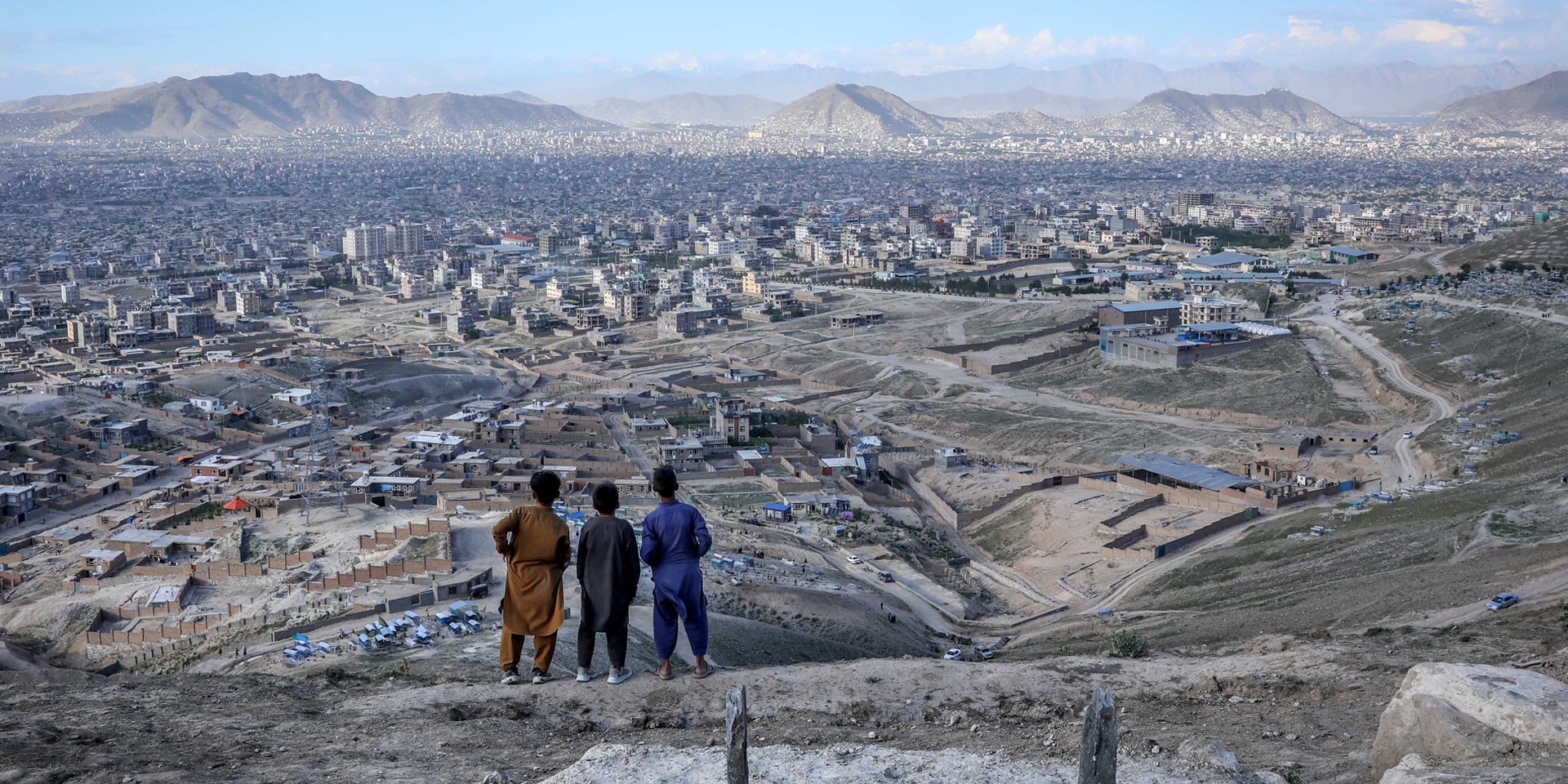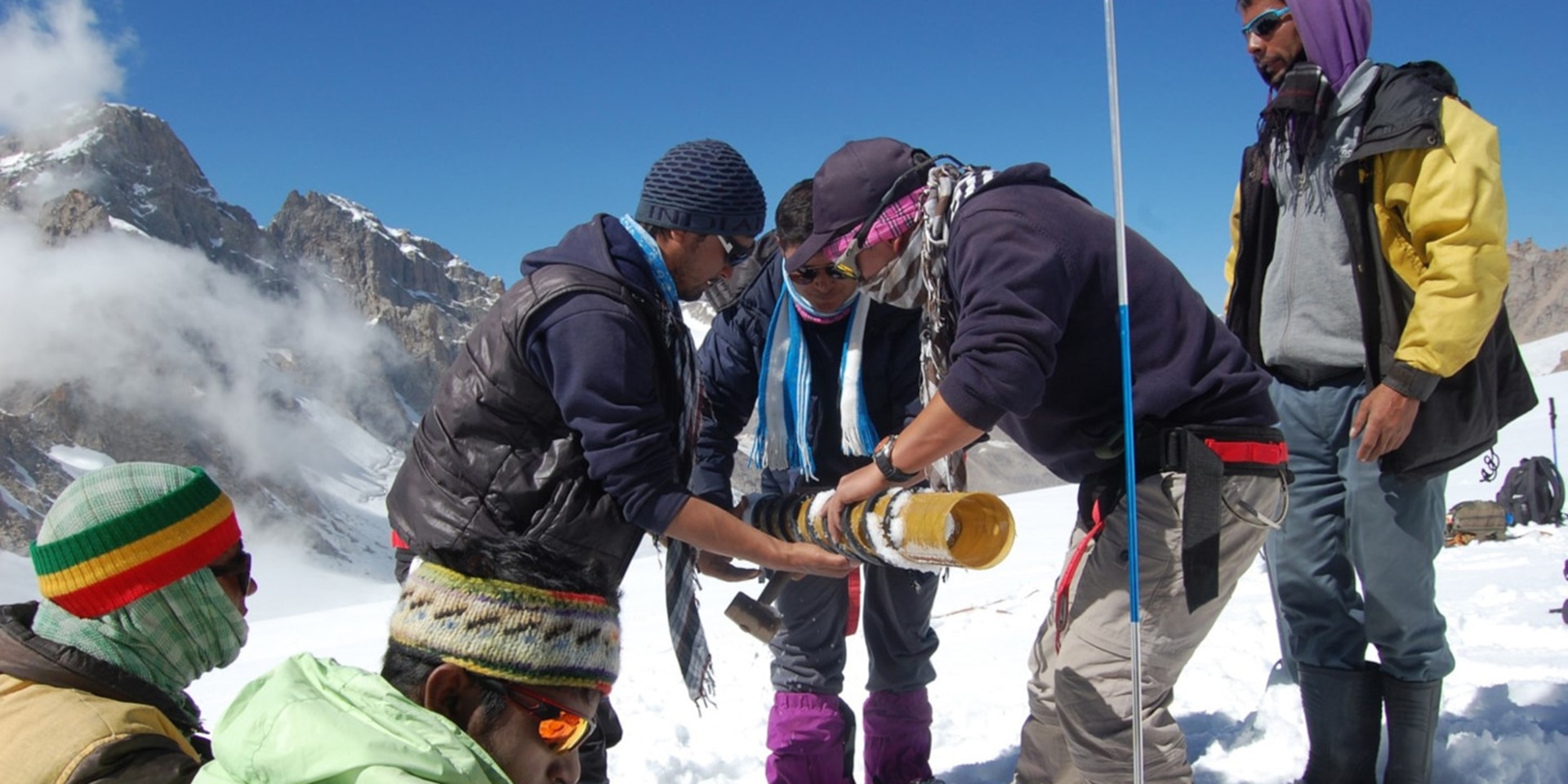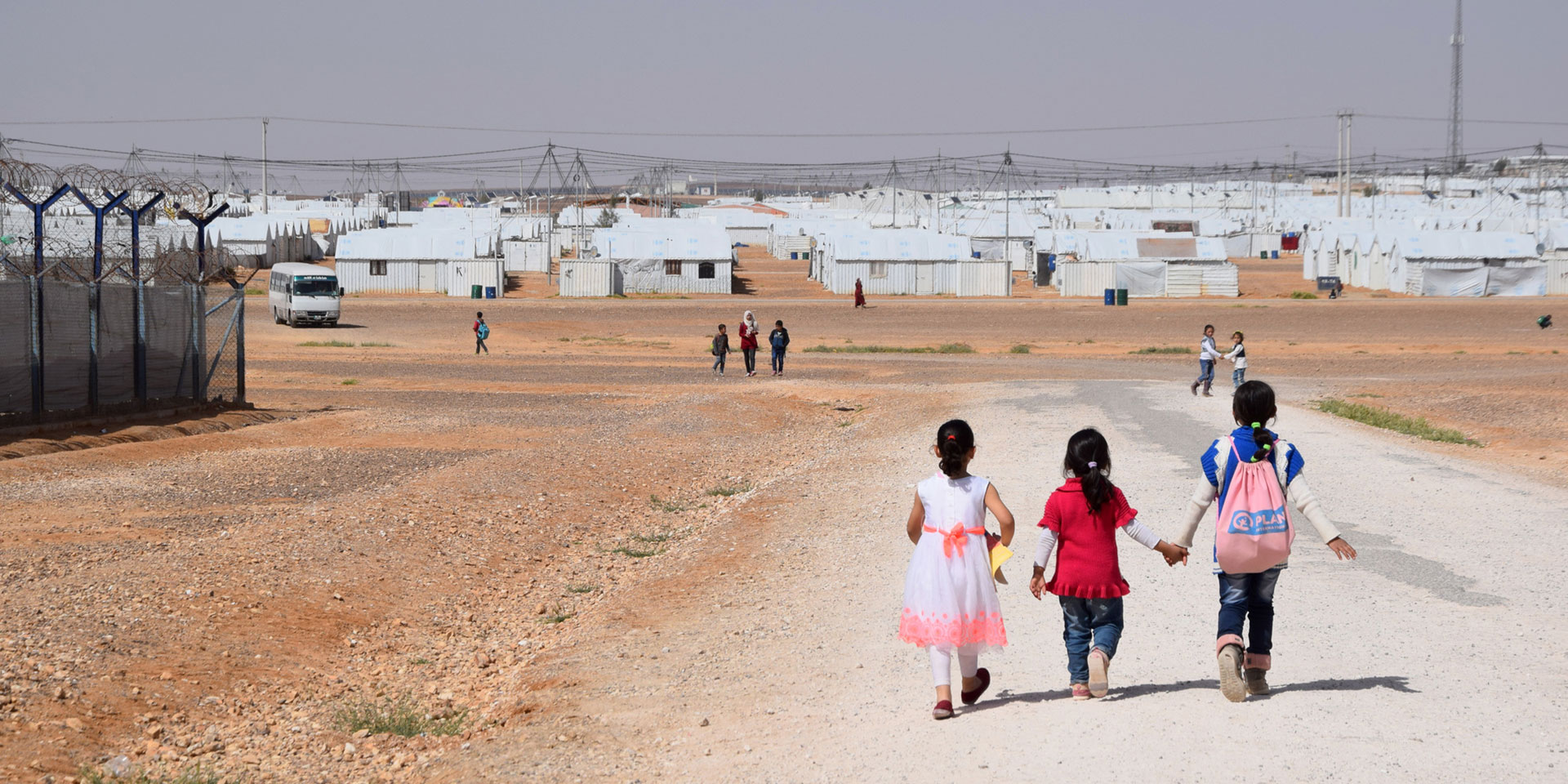Education: the key to sustainable development
Since 2008, Switzerland has supported the Global Partnership for Education, the largest global fund dedicated to strengthening education in low-income countries. But what exactly is Swiss international cooperation doing on the ground? Our expert field staff in Afghanistan and Benin, present the projects for children's education that they lead and point out that access to education remains a major challenge for millions of children.
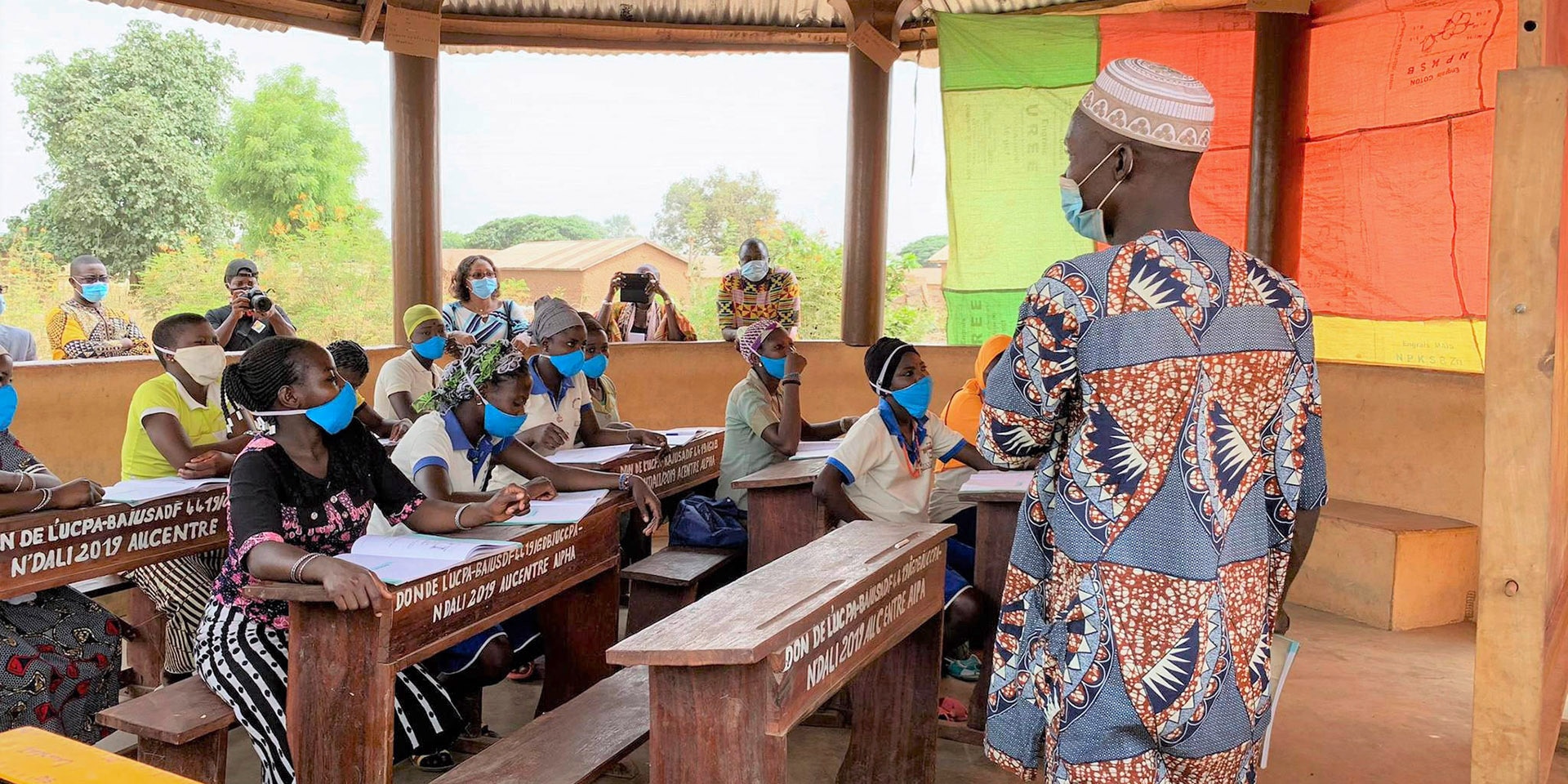
The construction and equipment of school infrastructures and the distribution of school kits are among the actions supported by the GPE in Benin. © SDC Bénin
"Without education, there can be no equality, prosperity or sustainable development," stated SDC Director General Patricia Danzi in late July 2021 at the Global Education Summit in London. Switzerland confirmed at this event that it would contribute CHF 52 million to the Global Partnership for Education (GPE) over the 2021–25 period. In its international cooperation strategy, Switzerland affirms that education is a key factor in reducing poverty, as well as the foundation for achieving gender equality, equitable participation in social and political life, and economic development.
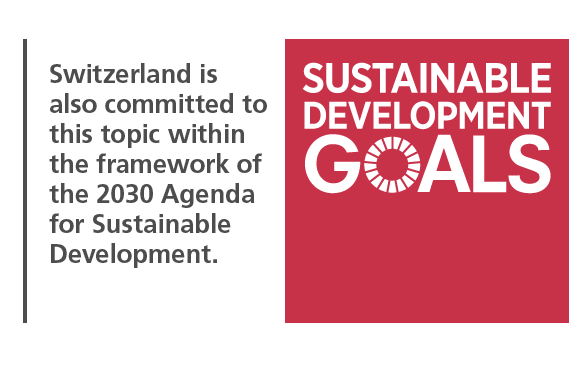
These convictions underpin the SDC's commitment to this multilateral partnership, which plays a key role in working toward Sustainable Development Goal in Education of the 2030 Agenda. "By partnering with GPE, Switzerland is helping governments make systemic changes to deliver education for the most marginalised children, raise learning levels, withstand shocks and adapt to new challenges," said Alice Albright, GPE's Chief Executive Officer. These challenges include the current pandemic: "At the height of school closures, an estimated 1.6 billion children were out of school. GPE is calling on world leaders to 'Raise Your Hand' and pledge at least USD 5 billion for the next five years to help us transform education in up to 90 countries and territories," said Albright.
Over half of GPE's partner countries are SDC priority intervention countries where there are Swiss cooperation offices on the ground. In Afghanistan and Benin, in particular, Switzerland is involved in several projects to promote basic education, developed in coherence with the national plan and GPE support. Switzerland bases its cooperation work on the principle of 'leave no one behind'. First stop: Kabul.
Swiss focus on access to quality education
According to the United Nations, 258 million children and young people are still without access to quality primary and secondary education. Of these, 127 million live in situations of crisis or conflict, as is the case in Afghanistan. Since 2002, Switzerland has maintained a cooperation office in Kabul that supports the Afghan people through an extensive development programme. Zirak Abdhul Wahid, the programme officer, is in charge of the education projects and for the dialogue with the GPE partners on site. "Access to education is still a problem for millions of children in Afghanistan, particularly for girls," explains Wahid." Other countries' support and external financing can make a big difference in their lives." Even before the COVID-19 pandemic, 3.7 million Afghan children did not have access to school.
Switzerland works on the ground with the national coordination mechanisms responsible for implementing GPE funding, thereby strengthening the institutional framework of Afghanistan's education system in partnership with the Ministry of Education. "Afghanistan has been receiving GPE funding since 2012," explains Wahid. "The grants have helped the Ministry of Education improve its strategic and policy planning and development, which includes strengthening political dialogue in the education sector." Quality education and girls' inclusion in schools are particular priorities. "GPE promotes community participation in the management of school systems, in order to develop local solutions for children's education and increases the number of qualified female teachers in regions where girls’ enrolment is low," says Wahid.
The past four decades have been very difficult for the Afghan people, as the country has been racked by various conflicts since 1980. Because the situation in Afghanistan is so fragile, Switzerland engages in both humanitarian work and cooperation for long-term development. A good example of this humanitarian-development nexus is the SDC's Back to School programme, which aims to decrease the number of children out of school and reduce learning and knowledge loss caused by gaps in schooling.
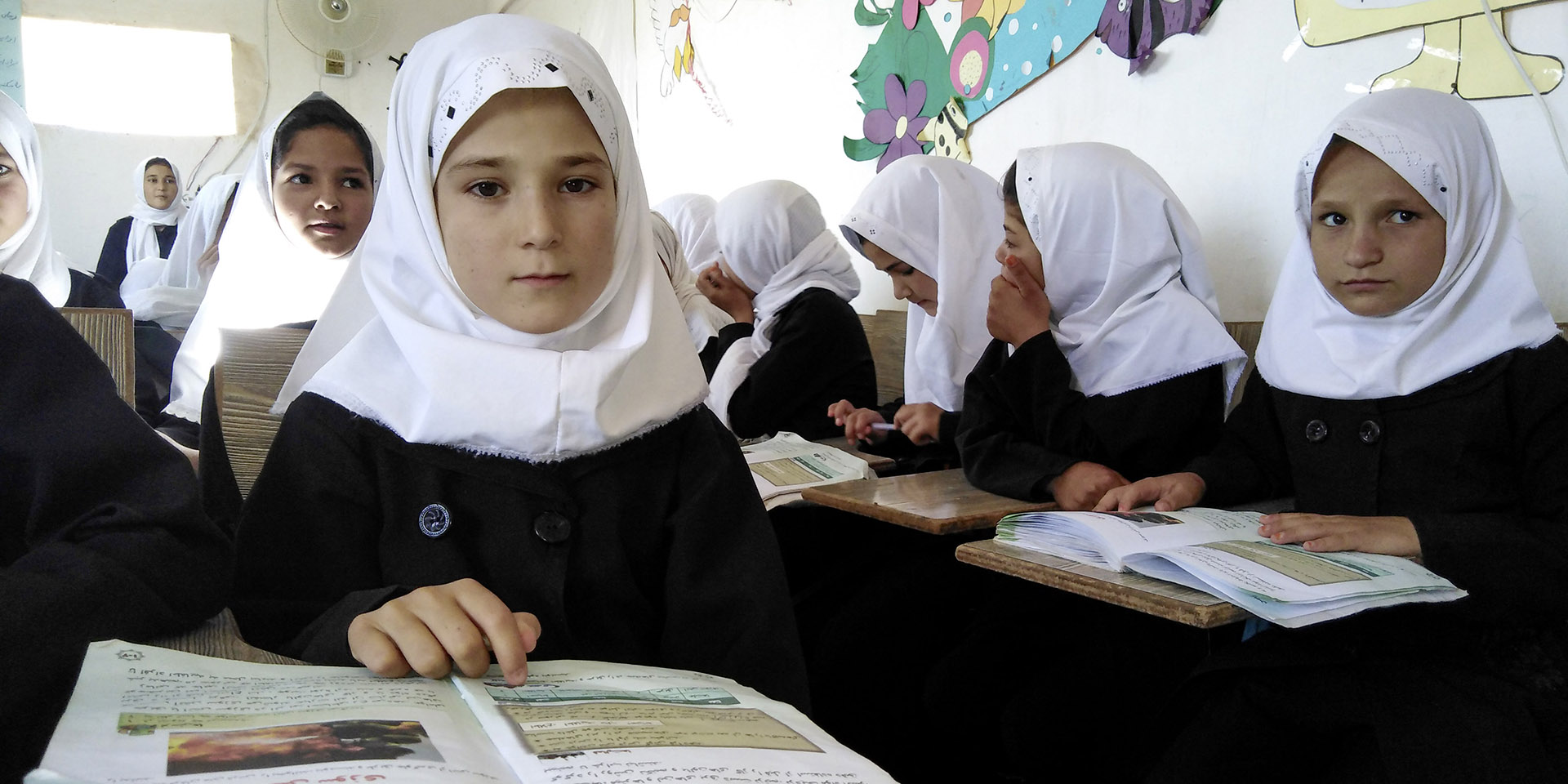
Achieving sustainable results through project continuity
Education quality is also a challenge in sub-Saharan Africa: according to the World Bank, 60% of students in this region cannot read or write when they finish primary school. By 2050, an estimated 50% of the African population will be under 15 years old, making it all the more important to pick up the pace on inclusive, quality education. In this region, Benin has been an SDC priority country since 1981. For several decades, the SDC's cooperation office has supported the national government and local communities in working toward an effective education system.
Elisabeth Pitteloud, director of the Swiss cooperation office, and Barnard Vinagbo Agbangla, the education programme officer, run several related projects and help plan and manage GPE funds. Benin has been a GPE partner country since 2007 and has received over USD 100 million to implement its education sector development plan. "GPE-funded projects – including school enrolment campaigns, building and equipping school infrastructure, helping to run school canteens, and distributing educational kits to students – have had real results," Pitteloud and Agbangla explain. "For example, the gross school enrolment rate rose from 98% to 115% between 2006 and 2016."
These encouraging results have helped Benin secure new funding to plan its activities in the education sector for the next several years. The SDC has supported the government of Benin in its development phase. "The process was driven entirely by the education ministries, which received training in education system planning and management," say Pitteloud and Agbangla. "GPE's eligibility criteria for granting new funding to its partner countries have promoted dialogue between all education stakeholders in Benin, and participatory management has increased as a result. This type of mechanism makes it easier to conduct political dialogue and gives everyone a higher level of responsibility." The SDC's projects, which are developed and implemented in line with Benin's sectoral plan and GPE funding, aim to achieve sustainable results through project continuity.
The SDC's Programme for Supporting Education and Training for Children Excluded from the Formal Education System (PAEFE) serves as a good example. The programme, which began in 2011, aims to promote alternative education equivalent to primary school and fosters the social and economic inclusion of young people who dropped out of or never attended school through vocational training and a bridge to the formal education system. "Besides providing alternative education opportunities, we conduct effective political dialogue on including alternative education in the new sectoral plan,” say Pitteloud and Agbangla. "So far, the PAEFE has helped establish and run 98 alternative education centres (known as Barak centres) that have served several thousand children between the ages of 9 and 15 who dropped out of or never attended school."

